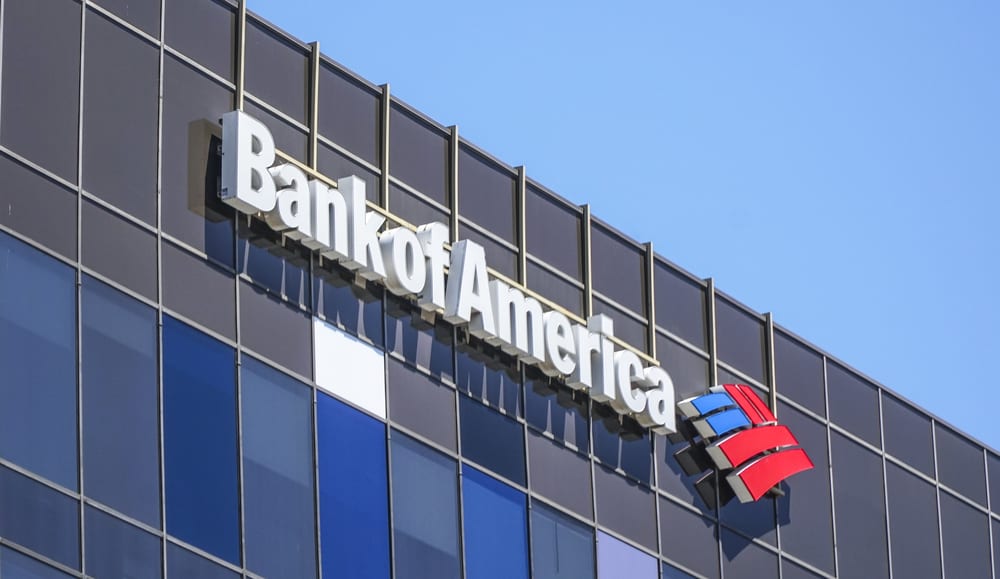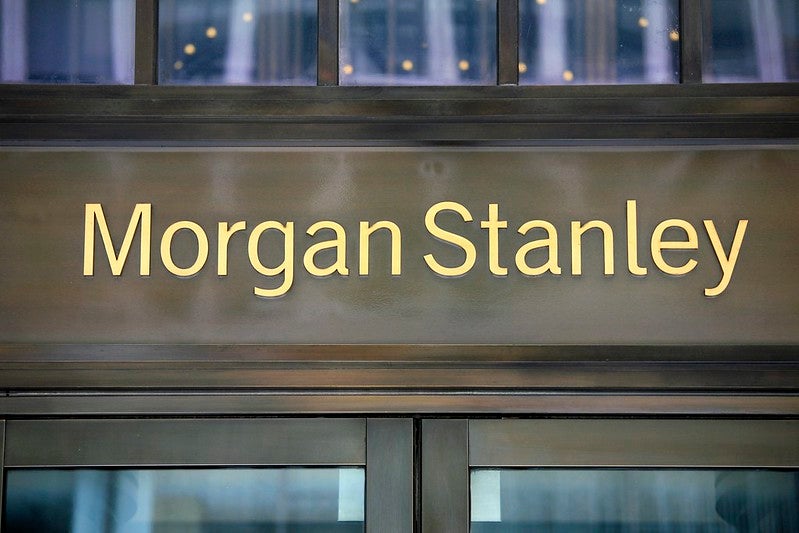Dominic Raab’s vision for a post-Brexit ‘global Britain’ includes the promotion of UK values through what the press repeatedly refers to as a ‘new British sanctions regime.’ But is it the case, as this would suggest, that the UK will take an entirely novel approach to sanctions once it withdraws from the EU? And what impact will this ‘new’ regime have on High Net Worth Individuals (HNWI’s) operating here? Samara Dutton writes
The short answer to the first of those questions is no. At its core, the Sanctions and Money Laundering Act 2018 (‘SAMLA’), under which the British regime will operate once the UK has left the EU, is a restatement of the existing position and specific sanctions Regulations (which have already been drawn up under SAMLA but are not yet in force), closely mirror the EU ones currently in place.
That said, SAMLA permits the UK government to impose sanctions in a broader set of circumstances than previously, including on people who commit gross human rights violations (the ‘Magnitsky’ amendment) as well as somewhat controversially, for ‘discretionary purposes’ – effectively where the Minister in question believes (and can justify) that there are ‘good reasons to do so.’
In practice, although this extended scope may mean more HNWI’s may find themselves expressly subject to UK sanctions, the impact on them will be largely the same as before. For most targets, (or ‘designated persons’ (DP’s)), this means UK assets will be frozen and their travel to and from the UK monitored or limited. It may also mean restricted access to our financial markets and services.
The impact of such measures on individuals should not be underestimated – they are completely debilitating. Asset freezes provide for all funds and economic resources of DP’s and those associated with them to be frozen and prohibit any dealing with such funds or resources as well as any activity which would circumvent the freezing measures. Most of the key terms will be widely defined to act against the interests of the DP. The potential for assets of people ‘associated with’ the DP to also be frozen puts family members, close friends and business partners at risk of the full impact of financial sanctions despite not being expressly listed as DP’s themselves.
Nor is it just assets held in the DP’s name that will be affected. Freezes extend to assets held by entities under the DP’s ‘ownership or control’. The UK’s ‘new’ regulations provide a fuller definition of ‘ownership and control’ than was available previously. Again, the result is to cast the net wider. It is no longer just a question of beneficial ownership. Instead, wherever it is ‘reasonable to expect’ that the DP can ensure the affairs of the entity are conducted in accordance with their wishes, the UK assets of that entity will also be frozen. Any company, trust or other entity with links to the DP is therefore also at risk of having its assets frozen.
How well do you really know your competitors?
Access the most comprehensive Company Profiles on the market, powered by GlobalData. Save hours of research. Gain competitive edge.

Thank you!
Your download email will arrive shortly
Not ready to buy yet? Download a free sample
We are confident about the unique quality of our Company Profiles. However, we want you to make the most beneficial decision for your business, so we offer a free sample that you can download by submitting the below form
By GlobalDataThe net effect on a DP is the effective paralysis of financial functioning within the UK. And there are limited avenues of redress. One key difference to the ‘new’ regime is that post-Brexit, any challenge to a DP’s listing as a sanctions target will be through the UK (rather than EU) courts. SAMLA however prevents application to court unless the DP has first requested revocation of their designation from the Secretary of State. That request invokes an administrative process for which there are no prescribed time limits for the government to respond and no obligation for the government to give reasons for its decisions. Since sanctions are likely to continue unabated in the meantime, there is potential for considerable prejudice to the DP here. Nor is the DP likely to recover damages for losses suffered even if their designation is subsequently overturned since those are only available where the UK government is found to have acted negligently or in bad faith.
Samara Dutton is a partner at Collyer Bristow LLP







